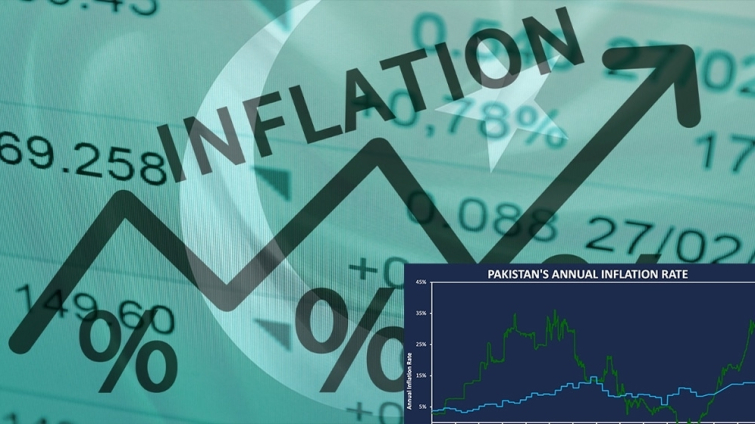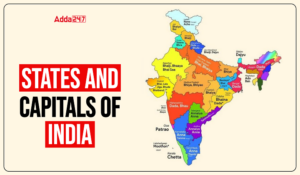Pakistan’s inflation rate surged to 31.4% year-on-year in September, driven by soaring fuel and energy prices. This alarming increase followed a high of 27.4% in August, highlighting the severe economic challenges faced by the nation.
IMF Bailout and Complex Conditions
The International Monetary Fund’s approval of a $3 billion loan in July prevented a sovereign debt default but imposed stringent conditions. Reforms, such as easing import restrictions and removing subsidies, fueled annual inflation, reaching a record 38.0% in May.
Monetary Measures and Exchange Rate Volatility
To curb inflation, Pakistan increased interest rates to a staggering 22%. The country’s currency, the rupee, hit all-time lows in August but rebounded in September, becoming the best-performing currency due to authorities’ crackdown on unregulated FX trade.
Government Response and Short-term Predictions
The Ministry of Finance anticipates inflation to remain high at 29-31% in the coming months. Despite this, the government recently reduced petrol and diesel prices after consecutive hikes, citing international petroleum prices and an improved exchange rate.
Projections and Market Sentiment
Analysts, including Tahir Abbas from Arif Habib Limited and Fahad Rauf from Ismail Iqbal Securities, suggest that inflation may have peaked for the fiscal year. They expect a gradual easing, projecting inflation to decrease to around 26-27% in the next few months.




 States and Capitals - How Many States in...
States and Capitals - How Many States in...
 Weekly Current Affairs One Liners 21st t...
Weekly Current Affairs One Liners 21st t...
 Top-10 Countries that Drink Most Coffee ...
Top-10 Countries that Drink Most Coffee ...

